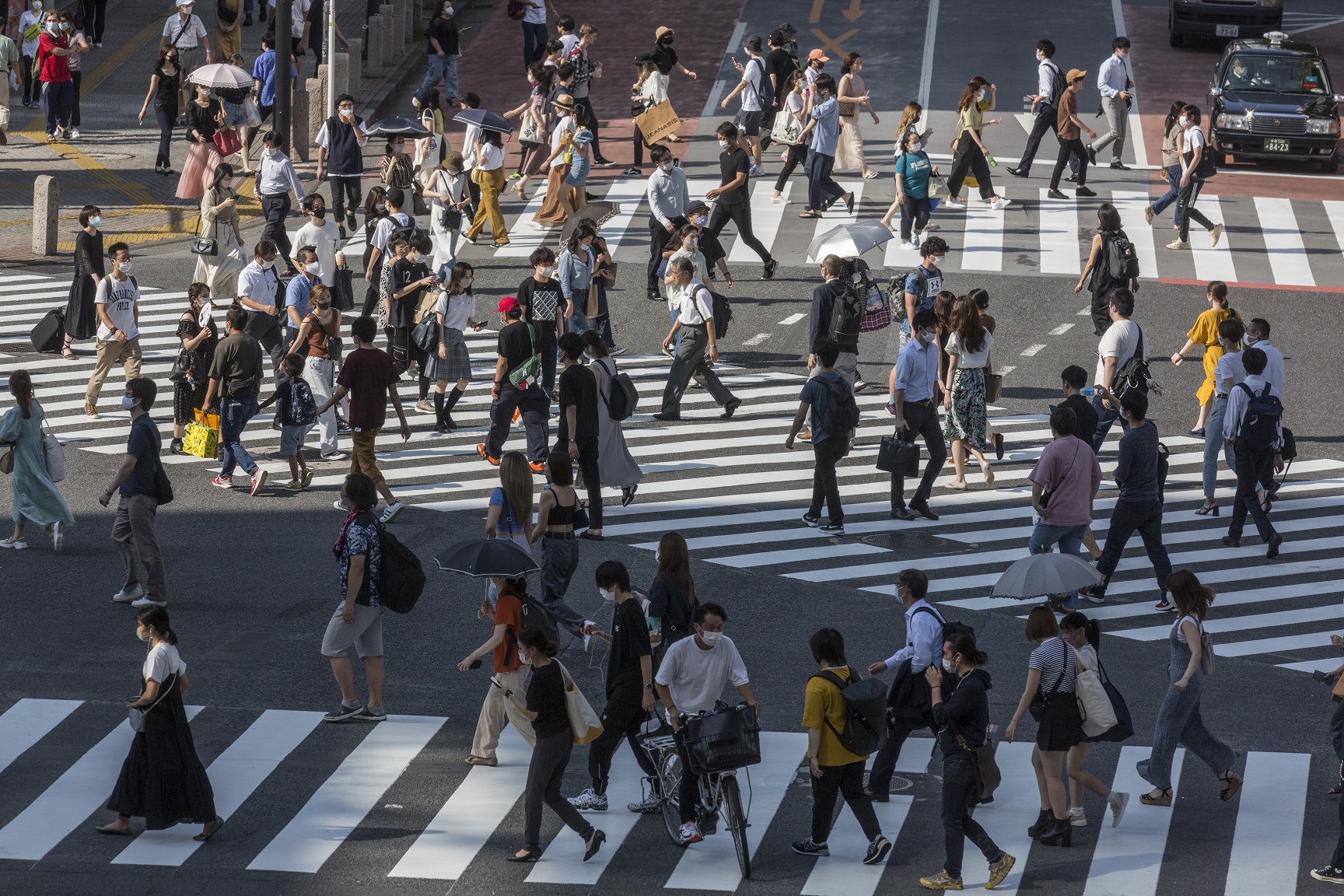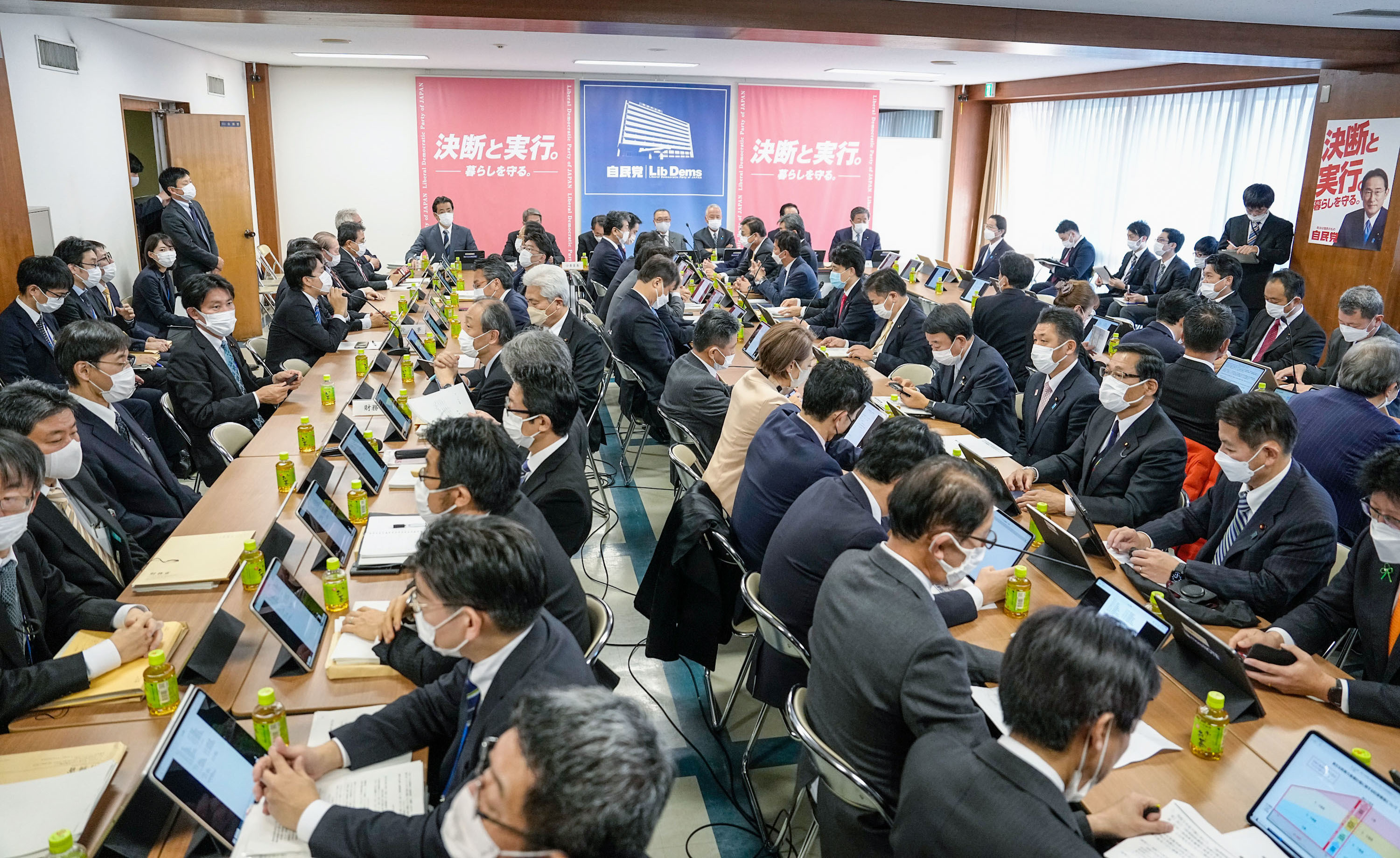
What Economic Research Can Contribute to COVID-19 Policy: Coronavirus Workshop for Economists
October 28, 2020
The findings of quantitative research on contact tracing, pandemic-induced job losses, impact on small businesses, and links between government relief programs and firm exits were some of the topics discussed at an online workshop organized by the Tokyo Foundation for Policy Research.
* * *
An online workshop for economists on the topic of coronavirus policy was hosted by the Economic Policy Studies research unit on September 12, 2020.
Most media reporting on COVID-19 has focused on the number of new cases, and little attention has been given to the pandemic’s impact on consumer and corporate behavior and other economic activities. The workshop, organized by Research Assistant Akio Ino, was held to share the latest findings on the economic implications of the coronavirus outbreak with the aim of contributing to more informed policy choices.
After opening remarks by Research Director Keiichiro Kobayashi, Asako Chiba, a postdoctoral fellow at the Tokyo Foundation for Policy Research, presented the findings of a Quantitative Analysis on the Effectiveness of Contact-Tracing Apps describing why apps work and what conditions are needed to boost their effectiveness. Her analysis used an agent-based model (ABM) and individual census data to reveal that Fraser-type apps (whereby alerted contacts are quarantined) can prevent an outbreak of the virus if a sufficient number of people download them, while Japan-type apps (recommending alerted contacts to get tested) are not as effective in preventing infection.
Hiroyuki Kasahara, professor in the Vancouver School of Economics at the University of British Columbia, spoke on Non-Pharmaceutical Interventions, Teleworkability, and Involuntary Job Separations based on the results of an analysis that used prefectural differences in policy implementation to ascertain the impact of lockdown policies and people’s movement on job losses. He examined the trade-offs between job losses and the spread of COVID-19, quantifying both short- and long-run outcomes.
Assistant Professor Kohei Kawaguchi of the Hong Kong University of Science and Technology Business School spoke on Small Business under the COVID-19 Crisis: Expected Short- and Medium-Run Effects of Anti-Contagion and Economic Policies. He evaluated the government’s anti-contagion and economic relief policies by conducting a survey of Japanese small businesses, asking them about the decline in sales, the impact of the government’s emergency subsidies, and prospects for survival and recovery.
How big an impact has the COVID-19 pandemic had on business decisions to exit the market? Daisuke Miyakawa, associate professor in the Graduate School of Business Administration at Hitotsubashi University, constructed a simple model using the Tokyo Shoko Research database to compare actual and hypothetical exit rates had no relief measures been taken. He also quantified the amount of subsidies required to prevent excess increases in potential firm exits.
The presentations were followed by a panel discussion, moderated by Research Director Kobayashi.




